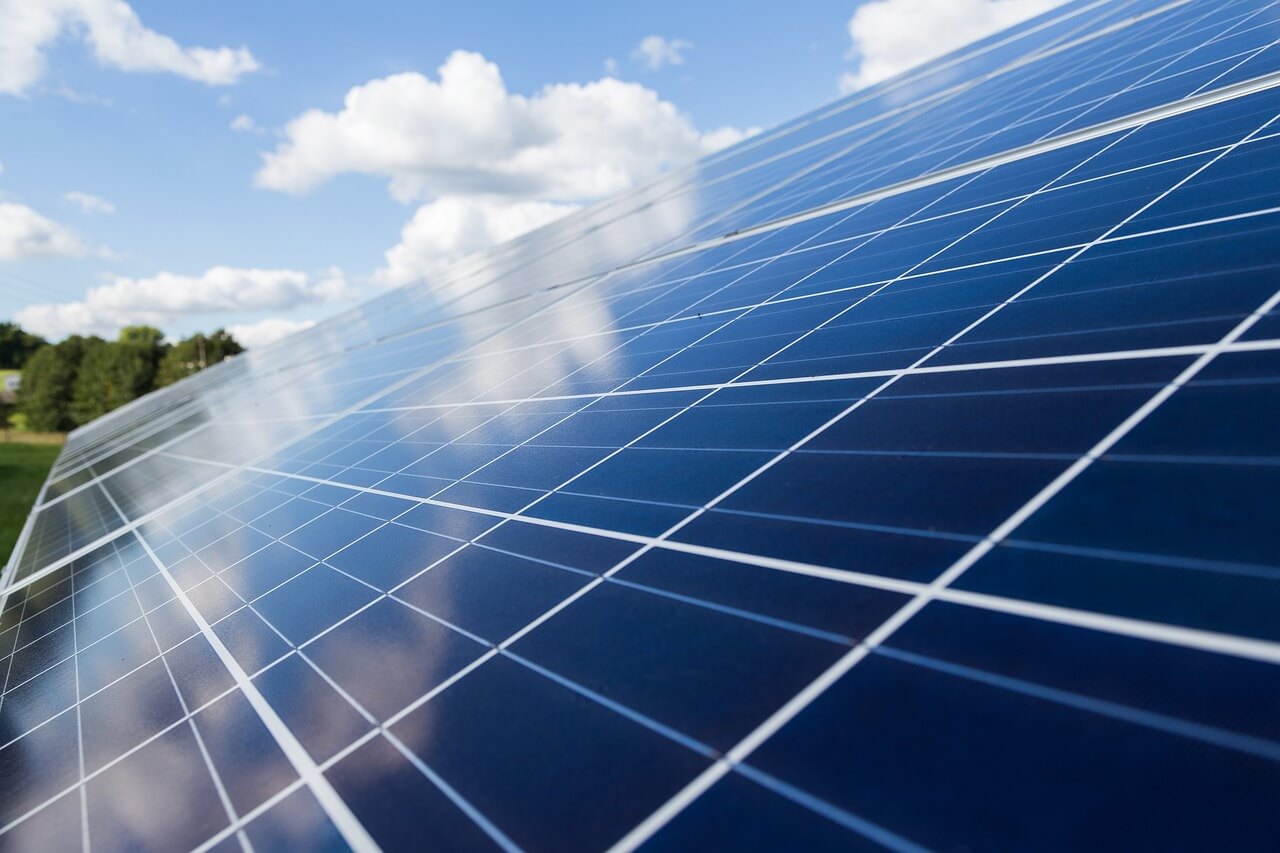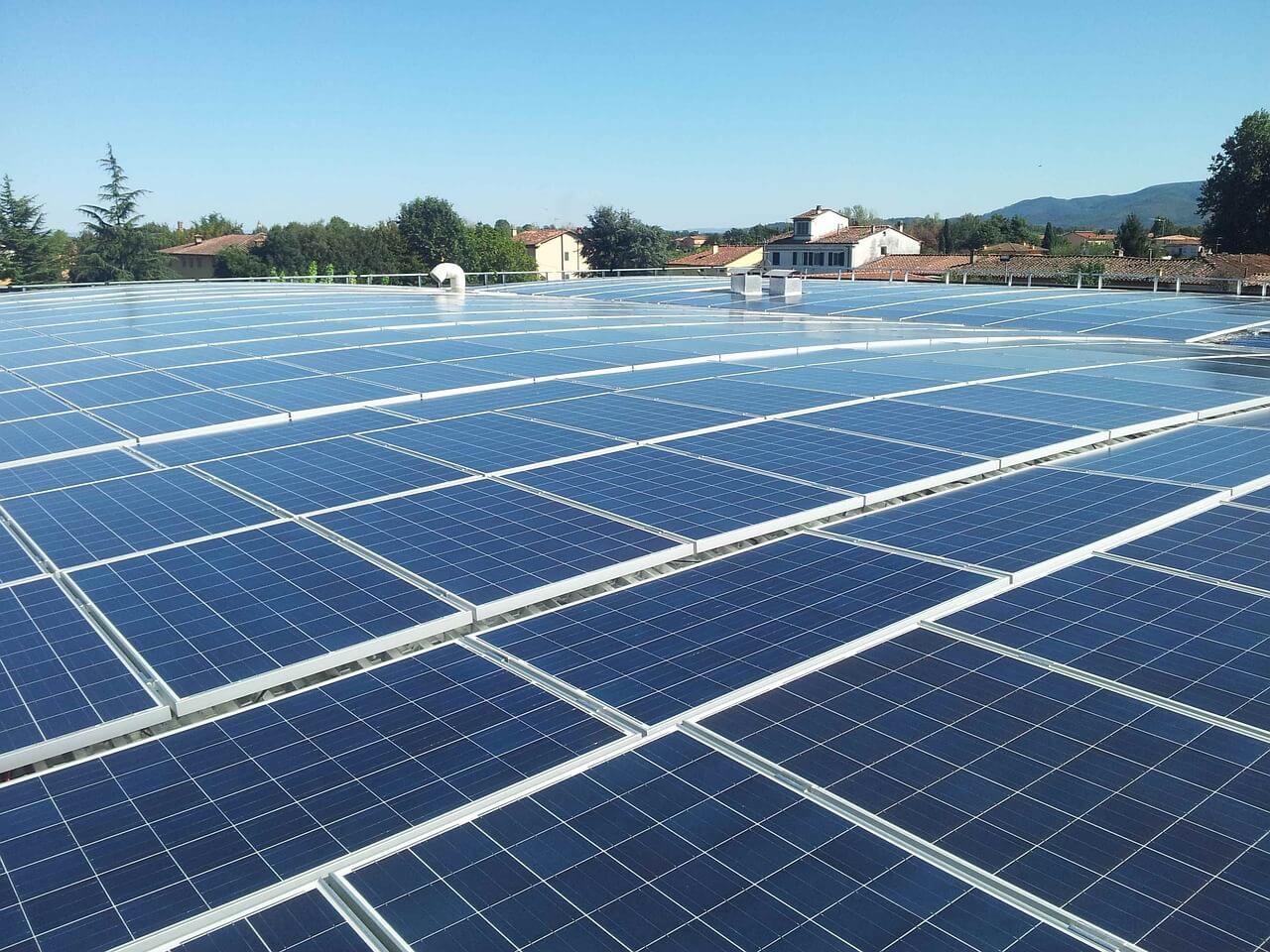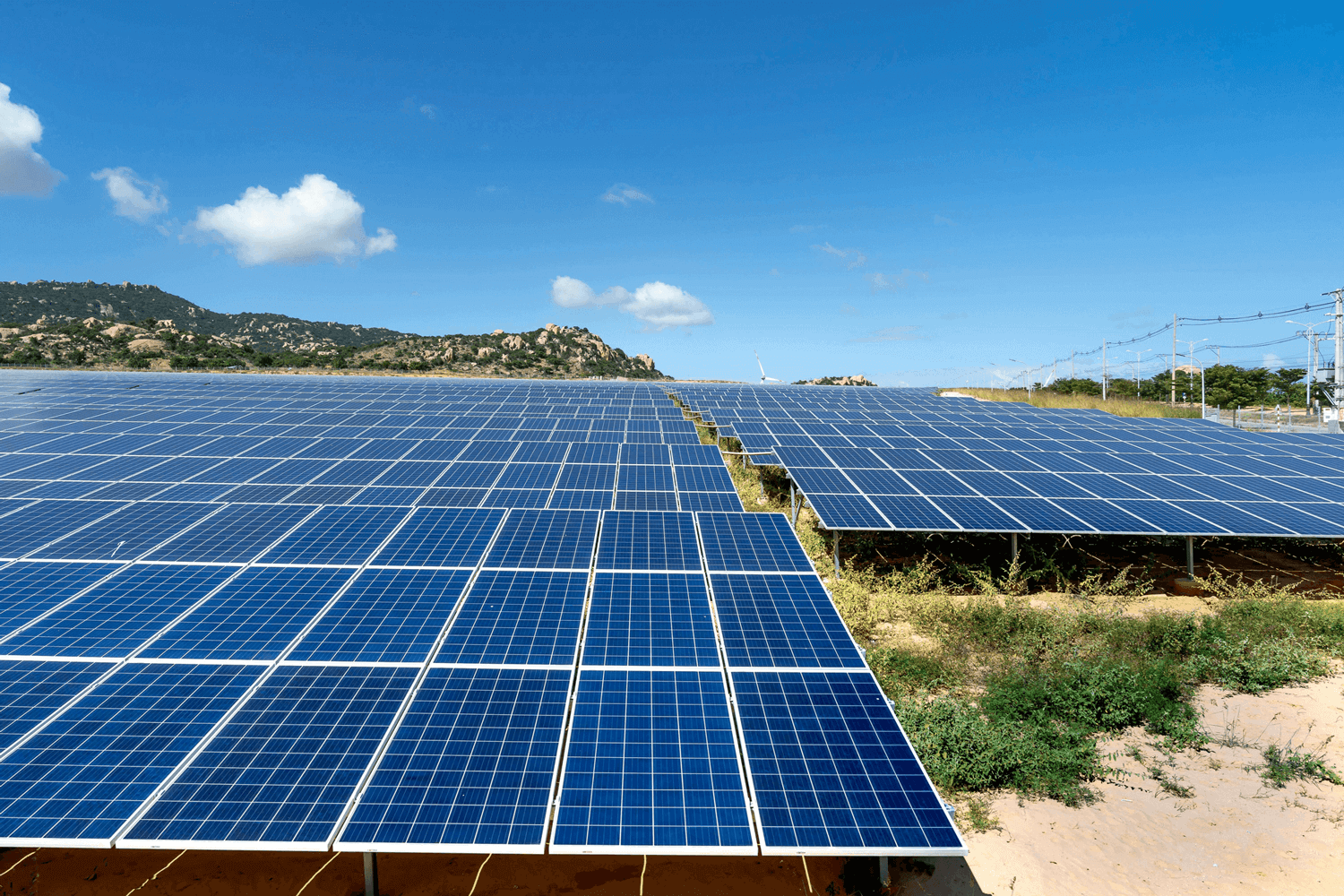【Chilean Presidential Candidate Targets SQM-Codelco】
Chile's leading presidential candidate is reviewing a landmark agreement signed last year between lithium supplier SQM and state-owned Codelco.
Center-right presidential candidate Evelyn Matthei stated on her X account on Tuesday that she has requested her coalition lawmakers to seek "information to review whether the agreement is appropriate for the country and the future development of Chile's industry."
Matthei's pledge is the latest twist surrounding an agreement under which SQM will relinquish its majority stake in the valuable Atacama Salt Flat mine to Codelco in exchange for 30 more years of operation. As one of SQM's major shareholders, Tianqi Lithium stated that the partnership lacks transparency and should be put to a shareholder vote.
Codelco is expected to complete the approval process in the next quarter, allowing the two companies to begin joint lithium mining operations before the next government takes office in 2026.
This partnership is part of President Gabriel Boric's policy, which requires state-owned companies to collaborate with private enterprises in lithium mining areas deemed strategically important.
Government spokesman Camila Vallejo accused Matthei of "engaging in distracting discussions, ignoring the progress we have made as a nation, and in this case, questioning the world's leading mining company" during an interview with 24 Horas news network late Tuesday.
A Cadem poll released late Sunday showed Matthei with 20% voter support, up from 18% the previous week. This support rate puts her ahead of all other contenders. Chile's first-round presidential election is scheduled for November 16, with a potential second round on December 14.
Source: mining.com
【LithiumBank Resources Confirms Lithium Recovery Rates of Up to 95% and Impurity Removal Rates Exceeding 99% in Direct Lithium Extraction Pilot Testing Using SLB's Integrated Lithium Production Solution Technology for Boardwalk and Park Place Brines】
Reported by Mr. Robert Shewchuk:
Vancouver, British Columbia--(Newsfile Corp. - April 14, 2025) - LithiumBank Resources Corp. (TSXV: LBNK) (OTCQX: LBNKF) ("LithiumBank" or the "Company") is pleased to announce the results of direct lithium extraction ("DLE") pilot testing using SLB's integrated lithium production solution on bulk brine samples collected from the Boardwalk and Park Place lithium brine projects ("Boardwalk" and "Park Place") located in west-central Alberta. The DLE testing, based on ILiAD technology as part of SLB's well-to-product integrated lithium production solution, successfully recovered up to 95% lithium from both projects, with impurity removal rates exceeding 99% for both brines (Table 1). Boardwalk and Park Place (Figure 1) collectively host 5.195 million mt of measured and indicated resources at a grade of 81.6 mg/L lithium (Boardwalk only) and 24.474 million mt of inferred resources at a grade of 80.1 mg/L lithium (Table 3), as recently announced on February 20, 2025.
Highlights:
-
Lithium recovery rates of up to 95% from Boardwalk and Park Place brines in pilot testing.
-
Overall combined impurity removal rates exceeding 99%, with boron removal at 98.80%, calcium at 99.97%, magnesium at 99.96%, potassium at 99.98%, sodium at 99.98%, and strontium at 99.97% (Table 2).
-
Approximately 70,000 liters of brine were processed during the Boardwalk and Park Place pilot activities.
-
Pilot results can be used to determine operational parameters for a commercial-scale DLE plant with a capacity of approximately 25,000 m³/day.
-
In other pilots, the DLE technology adsorbent has demonstrated the ability to operate for thousands of cycles over six years when processing alternative brines and can be reconditioned, potentially extending its lifespan beyond a decade.
-
ILiAD adsorption materials are sourced and manufactured in North America.
"We are extremely pleased with the results of the Boardwalk and Park Place DLE pilot activities, which produced a very high-purity lithium chloride ('LiCl') product with lithium recovery rates of up to 95%. The results indicate that these projects are highly compatible with SLB's integrated solution," commented Kevin Piepgrass, COO of LithiumBank. "After visiting SLB's lithium production demonstration plant in Clayton Valley, Nevada last year, it became clear that SLB can scale and optimize the DLE process across the entire end-to-end process to produce battery-grade lithium carbonate. We look forward to continuing our collaboration with the ILiAD/SLB team to evaluate the best approach to extracting lithium from Boardwalk and Park Place brines. We will continue advanced DLE and post-DLE testing work with more strategic groups."
The tested DLE technology is a plug-and-play lithium recovery solution, part of SLB's fully integrated well-to-product lithium extraction process. The commercial-scale module designed for LithiumBank can operate at approximately 4,815 gallons per minute (about 25,000 m³/day) and, based on Boardwalk's grade and reported lithium recovery rates, can produce approximately 3,500 mt/year of lithium carbonate equivalent. This flow rate is one-tenth of the company's PEA study released in February 2024, and internal financial data suggest a high likelihood of success with significantly reduced financial risk.
The DLE pilot testing for Park Place and Boardwalk brines was conducted in November and December 2024, respectively, at the ILiAD facility in Central City, California. Each pilot test included approximately 34 m³ of brine at a flow rate of about 360 mL/min (Table 1), with run times of 101.6 hours (22.9 cycles) and 111.5 hours (25 cycles) for Boardwalk and Park Place, respectively. Both pilot activities maintained a pH between 5-6 and a temperature of approximately 60°C.
Source: junior mining network
【Arkansas House Approves Lithium Industry Tax Incentives, Sends Bill to Governor】
On Tuesday, the Arkansas House of Representatives passed a bill aimed at providing tax incentives for the lithium industry.
The House voted 86-5 to send Senate Bill 568, introduced by Senator Steve Crowell, to the governor. Six representatives voted present, and three did not vote.
The bill will establish sales and use tax exemptions for qualified businesses on the purchase and sale of qualified facilities. According to the fiscal impact statement from the Department of Finance and Administration, a qualified facility is a for-profit business engaged in the development of lithium, cathodes, anodes, lithium batteries, and power grid energy storage equipment.
To qualify for the exemption, eligible businesses must apply to the Department of Finance and Administration and demonstrate that the business has made at least $100 million in qualified investments in the state within ten years of the start of construction of the qualified facility, paid at least $3 million in total compensation to in-state employees directly or indirectly within two years of the start of operations, and received a positive cost-benefit analysis from the Arkansas Economic Development Commission.
The Department of Finance and Administration stated that the bill will be revenue-neutral. Additionally, the bill will amend the definition of solid waste in the recycling income tax credit to include electronic waste, lithium-ion cells, and battery packs. Taxpayers who qualify for the recycling equipment income tax credit will receive a credit equal to 30% of the value of equipment used to reduce, recycle, or reuse electronic waste, lithium-ion cells, and battery packs.
Source: newsnow.com
【Lyten Begins U.S. Production of Battery-Grade Lithium Metal, a Key Step in Expanding U.S. Battery Supply Chain】
Lyten has further solidified its battery supply chain by locally manufacturing its own battery-grade lithium metal alloys and foils, creating a fully U.S.-made anode supply chain.
Lyten's lithium-sulfur batteries eliminate the need for foreign critical minerals, making them a locally sourced, locally manufactured, and tariff-free alternative to lithium-ion batteries.
Since 2023, Lyten has manufactured its lithium-sulfur batteries in the U.S., including cathodes and anodes, in stark contrast to traditional lithium-ion batteries, where only 2% of cathodes and anodes are made in the U.S.
San Jose, California--(BUSINESS WIRE)--Super material applications company and global lithium-sulfur battery leader Lyten today announced that it has produced the first U.S.-made battery-grade lithium metal foil using U.S.-manufactured lithium alloys and U.S.-sourced lithium metal. Lyten has achieved a fully localized supply chain for its sulfur cathode and is localizing the supply chain for its lithium metal anode, creating a resilient and tariff-free battery supply chain. Lyten's ultra-lightweight battery applications include energy storage, electric vehicles, drones, satellites, micromobility devices, and defense.
This milestone in domestic production of battery-grade lithium metal comes as U.S. policymakers and defense agencies actively push for more domestic sourcing of critical materials and the establishment of a U.S. battery industry. Currently, the supply chain for batteries and their required critical minerals is primarily sourced from China, posing a significant vulnerability for the U.S.
Lyten Co-Founder and CEO Dan Cook stated, "To build a U.S. battery industry, we must address supply chain challenges. We have eliminated the need for nickel, manganese, cobalt, and graphite with our lithium-sulfur batteries, allowing us to focus on local lithium supply and production. Lyten will be the only U.S. battery manufacturer unaffected by tariffs and critical mineral risks."
Lyten's lithium-sulfur batteries are made from widely available and geographically distributed materials that can be sourced and manufactured in the U.S. Lyten replaces mined minerals such as nickel, manganese, cobalt, and graphite with sulfur cathodes and lithium metal anodes. Sulfur is an environmentally friendly byproduct of multiple industries, including oil and gas, mining, and chemical manufacturing, and is abundant worldwide. Currently, the vast majority of battery-grade lithium is processed and manufactured in China.
Lyten Chief Battery Technology Officer Celina Mikolajczak stated, "Lithium is abundant across the U.S., but the ability to process lithium into battery-grade materials is extremely limited in the U.S. Being able to design and process our own lithium metal alloys and foils is a game-changer, positioning Lyten at the forefront of U.S. battery manufacturing, especially for next-generation lithium-sulfur battery technology."
Lyten is addressing two critical steps in the lithium supply chain. First, Lyten has begun producing proprietary lithium alloys with the help of Creative Engineers, Inc. in New Freedom, Pennsylvania. The two companies collaborated to design and build lithium metal alloy ingot manufacturing equipment, and Lyten sources its lithium metal raw material from a facility in the eastern U.S.
Second, Lyten uses custom extrusion and rolling equipment at its manufacturing facility in San Jose, California, to convert lithium alloys into proprietary lithium metal foils. Lyten's lithium foil extrusion and rolling capacity is among the largest in North America, and these foils are directly used in its lithium-sulfur battery production line in California.
Lyten produces NDAA-compliant lithium-sulfur battery cells in San Jose, California. Lyten recently announced the acquisition of Northvolt's battery manufacturing facility in San Leandro, California, to rapidly scale up production and meet the demand for US-made batteries.
In December 2024, Lyten and the US Export-Import Bank announced a $650 million letter of intent to fund the scaled production and delivery of Lyten's lithium-sulfur battery energy storage systems. Additionally, in 2024, Lyten announced that its batteries would be integrated into Chrysler's Halcyon concept EV, planned to be integrated into AEVEX Aerospace's unmanned aerial vehicles, and selected for a demonstration on the International Space Station (ISS), with a launch expected in H2 2025.
Source: newsnow.com
[Mercury EV Tech Announces Commissioning of 3.2 GWh Lithium-Ion Battery Production Unit in Vadodara]
Mercury EV Tech, through its wholly-owned subsidiary PowerMetz Energy, announced the commissioning of a 3.2 GWh lithium-ion battery production facility at its Vadodara campus.
The facility is unique for its multi-chemistry flexibility, enabling the company to meet the increasingly diverse and high-utility application demands, ranging from electric mobility to stationary energy storage.
The batteries produced will power various emerging application scenarios:
EV charging infrastructure and onboard power units, home and residential backup solutions,
renewable energy and load-balancing grid-level energy storage, industrial and critical infrastructure backup,
and uninterruptible power supply applications far beyond traditional EVs.
To align with global automation standards, Mercury EV Tech has ordered a fully robotic, high-throughput production line from China's top equipment suppliers. A technical team from India will head to China on April 15, 2025, to inspect the facility and ensure smooth equipment shipment.
The equipment is expected to arrive at the Vadodara campus by month-end and is planned to begin trial production by mid-May 2025.
Source: newsnow.com



